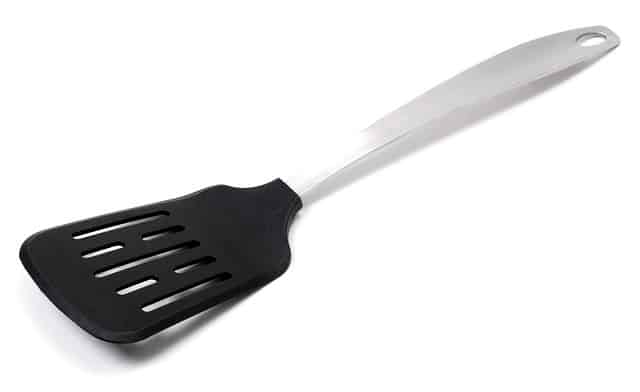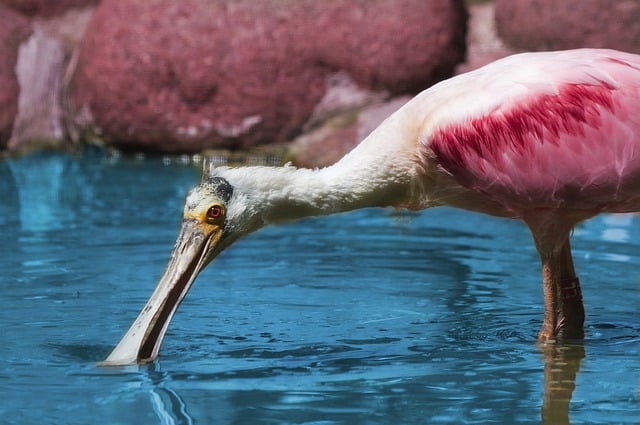
Kitchen spatulas can be hard or soft, depending on your specific application.
Spatula is a term that comes from the late Latin word spathŭla , which in turn is the diminutive of spatha (translatable as “shovel” ). A spatula is a utensil with a long handle that is used primarily for mixing .
Uses and characteristics
Spatulas are used in different areas. According to its use, it has various characteristics. In the field of construction , for example, the putty knife usually has sharp edges and allows scratching and smoothing . It is very suitable for applying certain products on the walls, as it facilitates the task of spreading while leaving the mixture with a uniform surface, especially if working directly on the bricks.
In chemical laboratories , meanwhile, scientists use spatulas whose edges have curves. In this case, the tool serves to take a small amount of a powdered substance.
Cooks , on the other hand, use spatulas to mix ingredients and to extract the remains of what is at the bottom or on the sides of a saucepan, pot, frying pan or other similar container. These spatulas can be made of plastic, wood or metal. The material must be chosen according to its use; For example: the softest ones are ideal to avoid scratches on the containers.
the bird
Furthermore, a bird whose beak has an appearance similar to that of the utensil is called a spatula. This animal is part of the ciconiform group: it is characterized by its large size, its extensive neck and its elongated legs that have four fingers, of which three are joined by a membrane.
Spoonbills usually group together in colonies with a large number of members. This name is often given to members of the family Threskiornithidae that belong to the genus Platalea , such as the common spoonbill ( Platalea leucorodia ), the royal spoonbill ( Platalea regia ) and the roseate spoonbill ( Platalea ajaja ).
Like so many other animal species, the spoonbill is threatened by human actions in its different habitats. In this case, we must attend to the different areas to study the specific problems that must be faced. The floods that occur during times of spring tides threaten the spoonbill that inhabits the Odiel marshes , as they place their nests on the ground, taking advantage of the local vegetation. If we move to the Bay of Cádiz , on the other hand, not only our influence causes this species to be in danger, but also the action of the wild dogs, whose size ranges from medium to large and boasts considerable physical strength.

The roseate spoonbill is a threatened species.
The spoonbill is also a victim of pollution caused by heavy metals and pesticides, especially because they have the potential to alter its reproductive process . This happens very frequently in the aforementioned Odiel marshes. This species is registered in the Red Book under the "vulnerable" category and, in the National Catalog of Endangered Species, it is labeled "of special interest." To address these situations that threaten to make the spoonbill extinct, there are different conservation efforts, among which the following measures stand out:
* collect the eggs and then incubate them artificially or take them to colonies that enjoy a more favorable situation;
* build platforms to protect these birds from the aforementioned floods;
* plant the trees that best suit their needs so that they can nest on them, as well as clean and maintain the existing ones if they no longer allow them to reproduce easily;
* Minimize human interference.
